From The Virtual Education Project: One of the most effective ways of learning is to immerse ourselves in the cultures we study; yet, we often encounter problems when these cultures are separated from us by constraints such as geography or time. When studying various people, places, events, and works, students and teachers rarely have the resources to visit each (if any) historical landmarks pertaining to their subject matter, restricting both research and teaching to textbooks and/or an amalgam of materials from various resources. The Virtual Education Project (VEP) is a large-scale pedagogical undertaking directed at providing both students and teachers with visual introductions to historical and contemporary landmarks (worldwide) relevant to the study of the humanities. Thus, the purpose of the VEP is twofold: 1) to provide educators with a central resource that facilitates both teaching and research, and 2) to encourage independent inquiry amongst students, regardless of their locale.
The Virtual Education Project is currently seeking submissions for photo (or video—email for details) tours of domestic and international sites relevant to the study of the humanities. We are interested in tour submissions that explore local museums, author/artist homes, memorials, public artworks, and any significant cultural or community sites that will aid in the study and/or teaching of the humanities.
We welcome proposals for virtual tours related to the study of the arts, humanities, and sciences, including literature, theatre and/or performance, history, philosophy, rhetoric, and the STEM fields (e.g., the Nikola Tesla Museums in Brograd, Serbia, and Shoreham, NY). The list of examples for this initial Call for Contributions is a starting point, and we encourage you to submit a proposal for a site near you.
Potential tours topics might include (but are in no way limited to):
The Old Manse (Concord, MA)
Emily Dickinson House & Museum: The Homestead & The Evergreens (Amherst, MA)
W.E.B. Du Bois’s National Historic Site (Great Barrington, MA)
Walt Whitman House (Camden, NJ)
William Carlos Williams House (Rutherford, NJ)
Edgar Allan Poe Museum (Richmond, VA)
Thomas Wolfe House (Asheville, NC)
Mark Twain House (Hartford, CT)
Harriet Beecher Stowe House (Hartford, CT)
Ida B. Wells-Barnett House (Chicago, IL)
Jane Addams Hull-House Museum (Chicago, IL)
The House of Happy Walls Museum, Jack London (Glen Ellen, CA)
The Wolf House Ruins, Jack London (Glen Ellen, CA)
John Steinbeck House (Salinas, CA)
Andalusia, Home of Flannery O’Connor (Milledgeville, GA)
Kennesaw Mountain Battlefield (Kennesaw, GA)
Ernest Hemingway Home & Museum (Key West, FL)
Lamb House, Henry James (Rye, East Sussex, England)
Monk’s House, Virginia Woolf (Lewes, East Sussex, England)
Thomas Hardy’s Cottage (Higher Bockhampton, Dorset, England)
Capela dos Capuchos (Sintra, Lisbon, Portugal)
The Houses of Pablo Neruda (Chile)
Vladimir Nabokov House Museum (St. Petersburg, Russia)
Borobudur Temple Compounds (Magelang, Central Java, Indonesia)
Nelson Mandela’s Capture Site (Howick, KwaZulu-Natal, South Africa); Prison Site (Robben Island, Wescape, South Africa); and The Mandela House (Orlando, Soweto, South Africa)
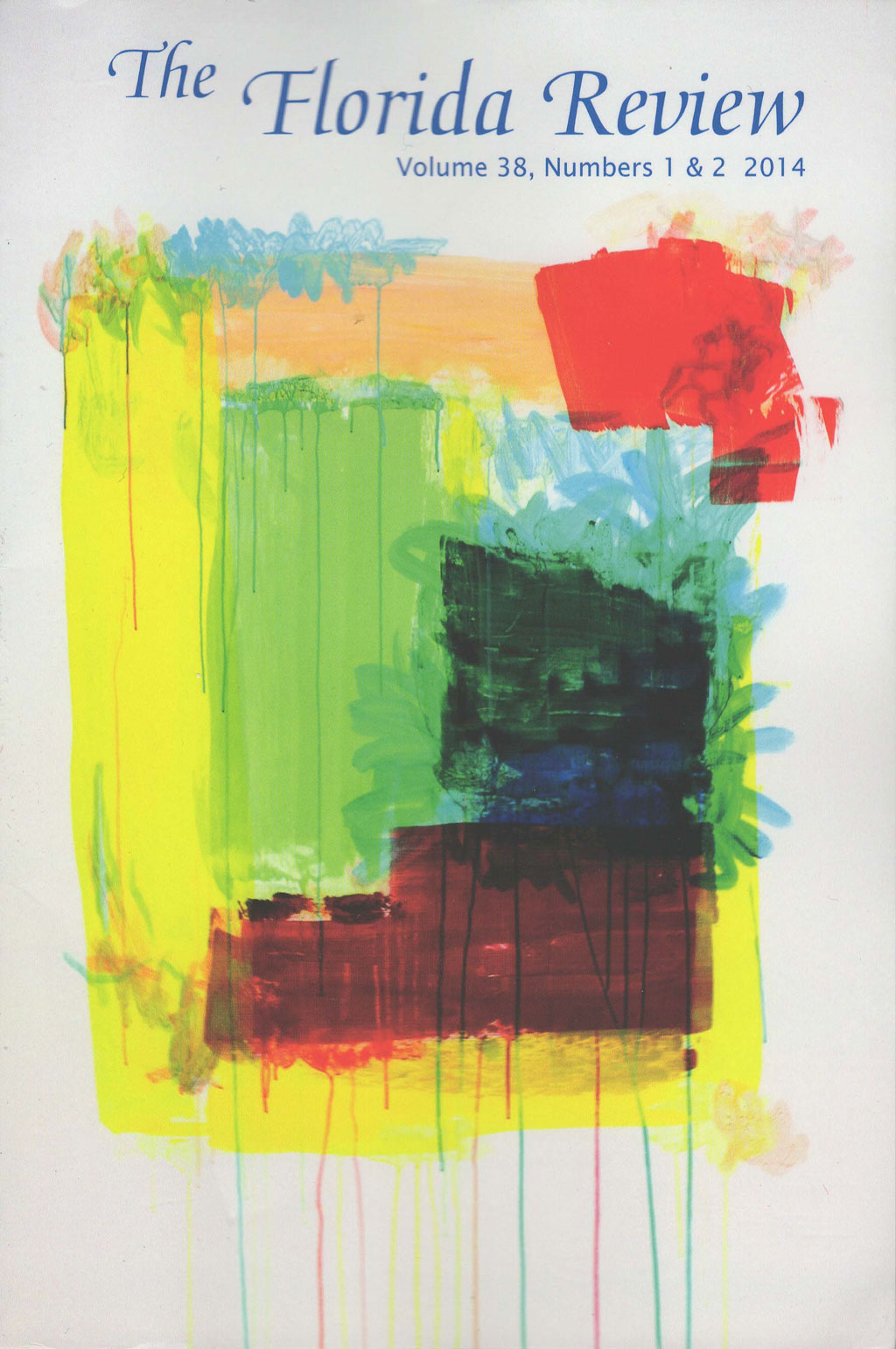 The current issue of Florida Review features the winners of the 2013 Editors’ Awards, which were awarded in essay, fiction, and poetry categories. As a new feature to this section, the editors invited the winners to contribute about “the creative genesis and evolution of their winning work.” Editor Jocelyn Bartkevicius writes, “Dan Reiter, whose story of Holocaust survivors, ‘All Your First Born,’ won the fiction award, tells of viewing a videotaped interview with his grandparents, who, unlike other family members of their generation did survive the Holocaust, and how their testimony inspired his writing. Lisa Lanser-Rose, whose braided essay, ‘Turnpike Psycho,’ revolves around a friend’s murder and her own harrowing encounter with a stalker, writes about transitioning from a simple retelling of a particular situation to an exploration of its deeper ramifications as a ‘story.’ John Blair, winner of the poetry award, writes of the links between his poems and history, autobiography, and memory, an eclectic continuum with such varied topics as atrocities in Somalia and Chechnya, the Roman Inquisition, leukemia, and hands-on labor in the garden.
The current issue of Florida Review features the winners of the 2013 Editors’ Awards, which were awarded in essay, fiction, and poetry categories. As a new feature to this section, the editors invited the winners to contribute about “the creative genesis and evolution of their winning work.” Editor Jocelyn Bartkevicius writes, “Dan Reiter, whose story of Holocaust survivors, ‘All Your First Born,’ won the fiction award, tells of viewing a videotaped interview with his grandparents, who, unlike other family members of their generation did survive the Holocaust, and how their testimony inspired his writing. Lisa Lanser-Rose, whose braided essay, ‘Turnpike Psycho,’ revolves around a friend’s murder and her own harrowing encounter with a stalker, writes about transitioning from a simple retelling of a particular situation to an exploration of its deeper ramifications as a ‘story.’ John Blair, winner of the poetry award, writes of the links between his poems and history, autobiography, and memory, an eclectic continuum with such varied topics as atrocities in Somalia and Chechnya, the Roman Inquisition, leukemia, and hands-on labor in the garden.
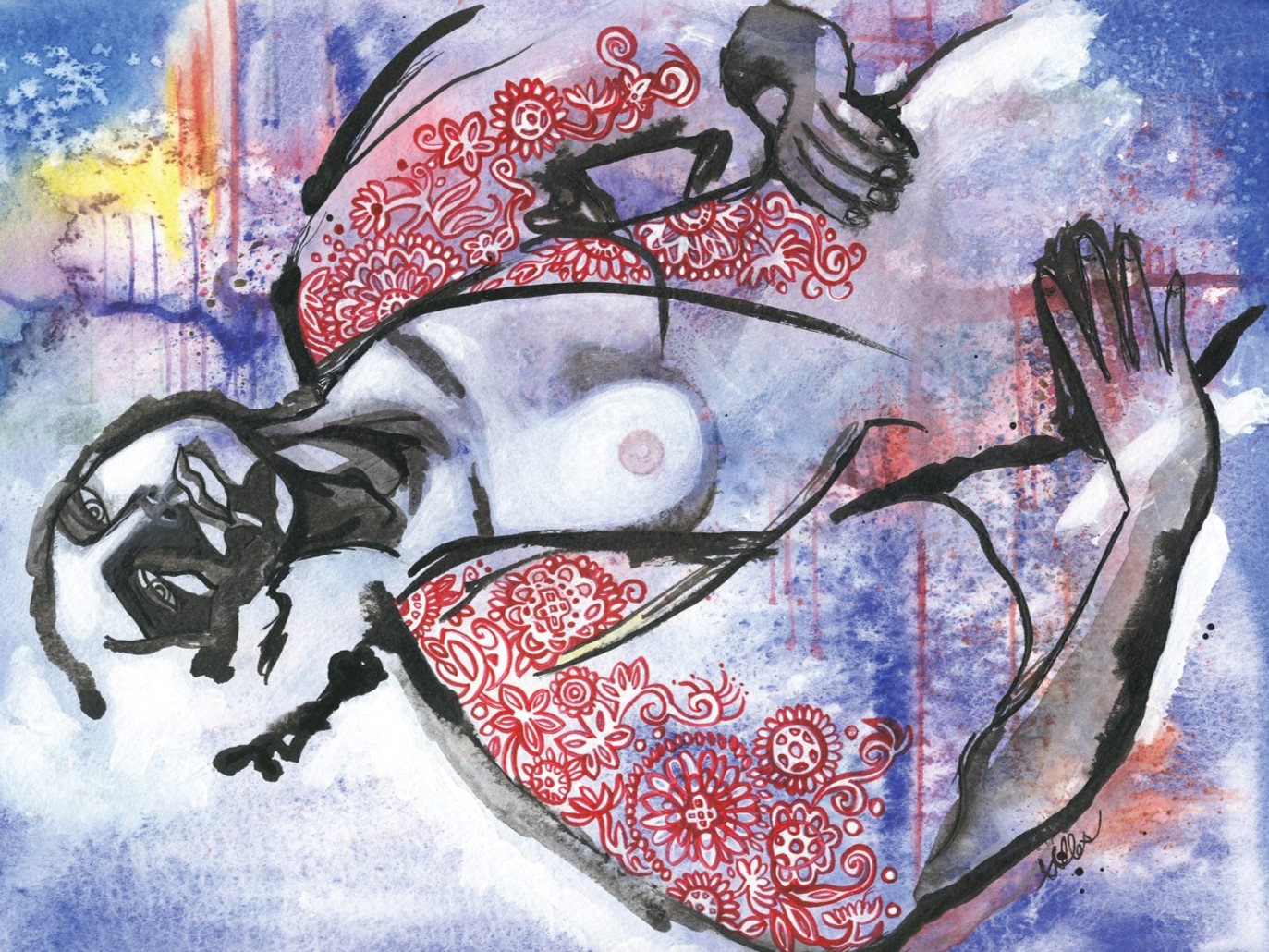 Like a lot of fundraisers, you get cool stuff for various levels of support, including this limited edition fine art poster print, “Kimono,” by Susanne Iles – at just the $25 level. In addition to supporting a great literary/art organization, this seems a great bonus!
Like a lot of fundraisers, you get cool stuff for various levels of support, including this limited edition fine art poster print, “Kimono,” by Susanne Iles – at just the $25 level. In addition to supporting a great literary/art organization, this seems a great bonus!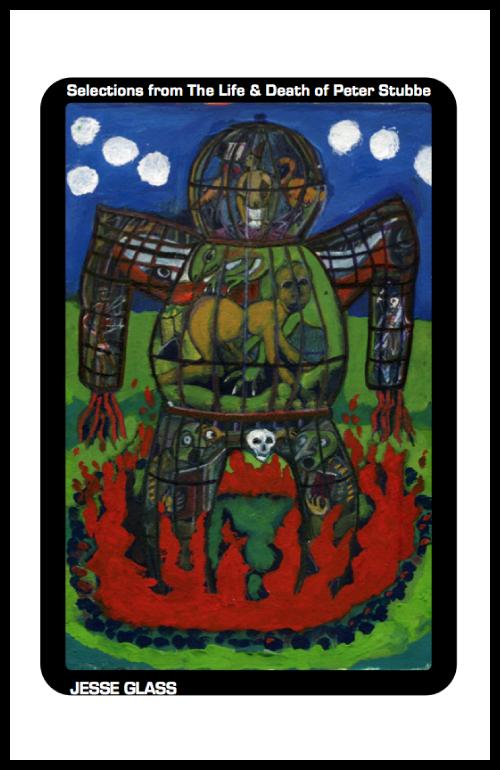 Based on a widely celebrated case of senteenth century lycanthropy and embodying the Sadean idea of literature as a crime unlimited by time, space, and circumstance, The Life and Death of Peter Stubbe was From Knives Forks and Spoons Press comes
Based on a widely celebrated case of senteenth century lycanthropy and embodying the Sadean idea of literature as a crime unlimited by time, space, and circumstance, The Life and Death of Peter Stubbe was From Knives Forks and Spoons Press comes 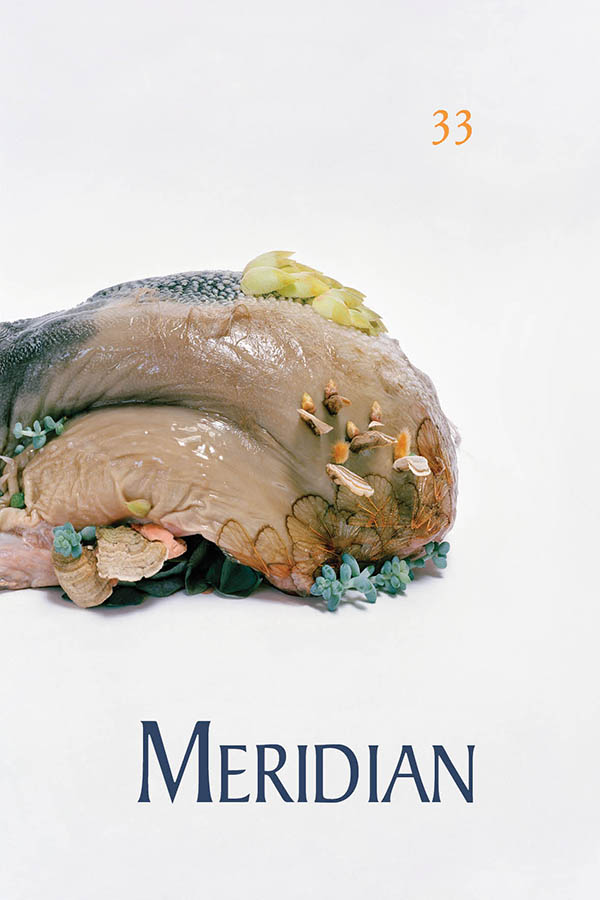


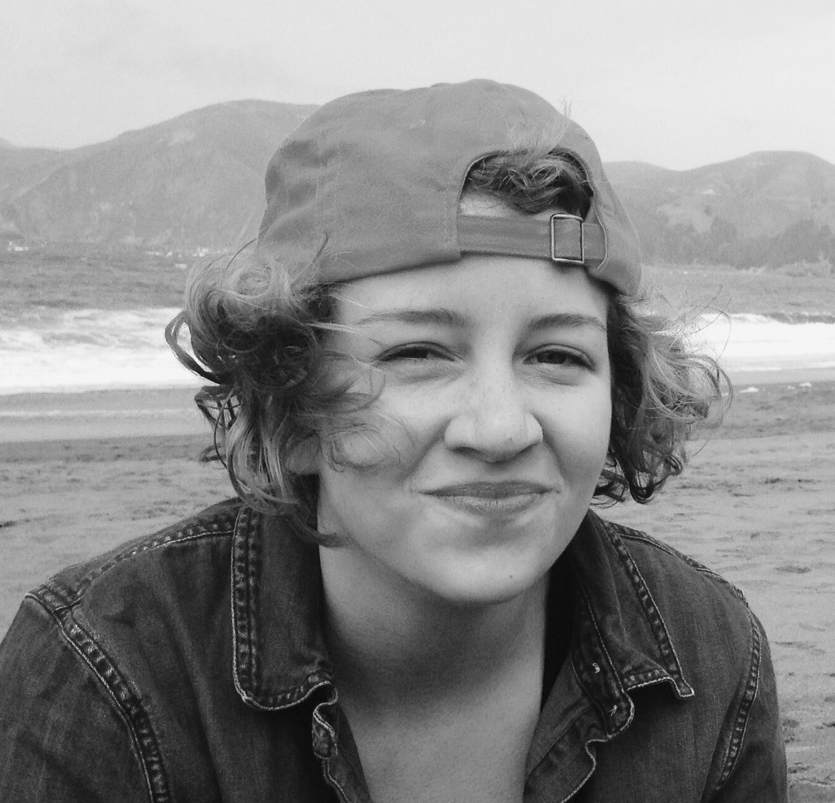 First place: Claire Luchette, of Brooklyn, NY, wins $1500 for “Full.” Her story will be published in Issue 95 of Glimmer Train Stories. [Pictured; Photo by Kate Van Brocklin]
First place: Claire Luchette, of Brooklyn, NY, wins $1500 for “Full.” Her story will be published in Issue 95 of Glimmer Train Stories. [Pictured; Photo by Kate Van Brocklin]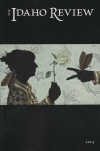 Awards and recognitions abound for the
Awards and recognitions abound for the 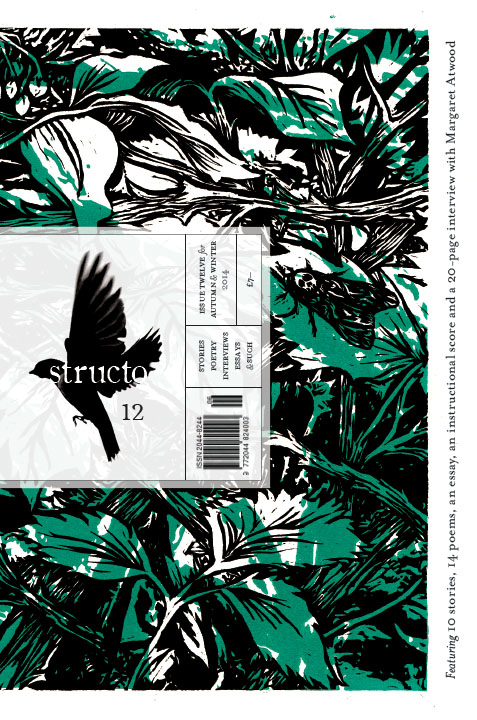 The most recent issue of
The most recent issue of 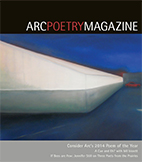 Arc Poetry Magazine
Arc Poetry Magazine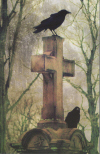
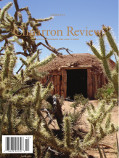
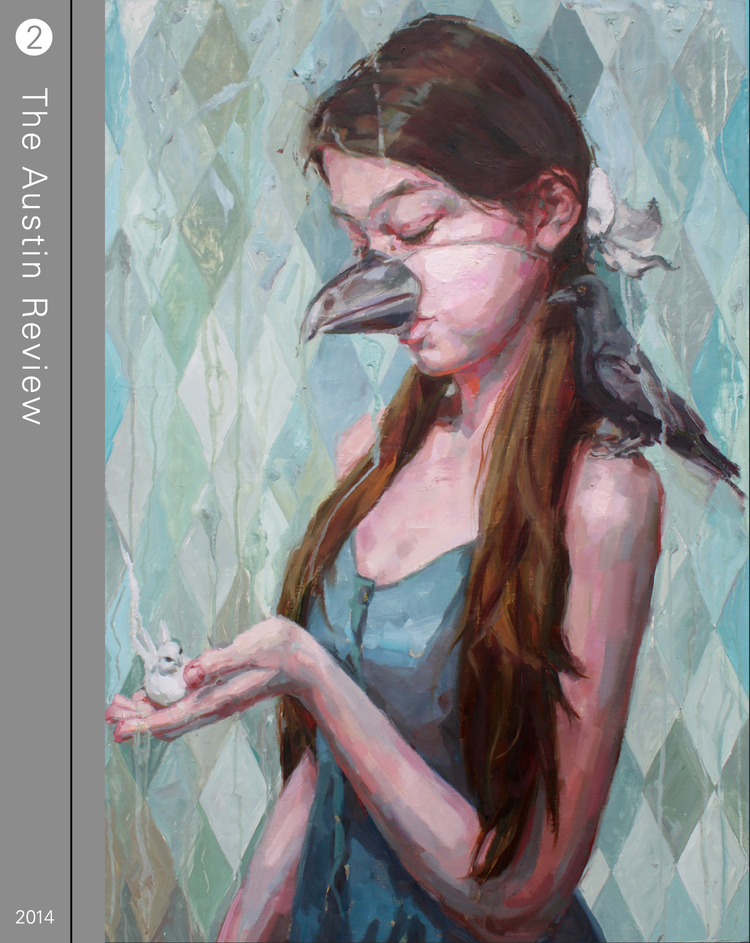
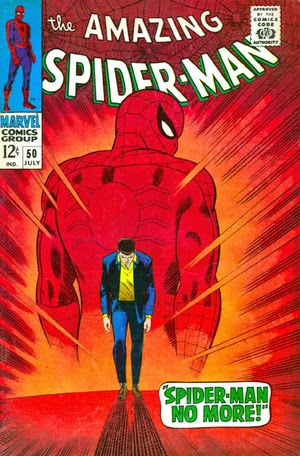 Got a box of old comics hanging around somewhere?
Got a box of old comics hanging around somewhere? 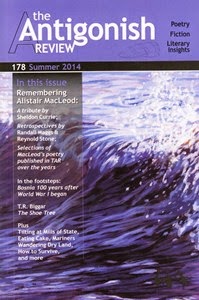
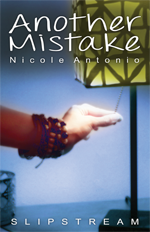
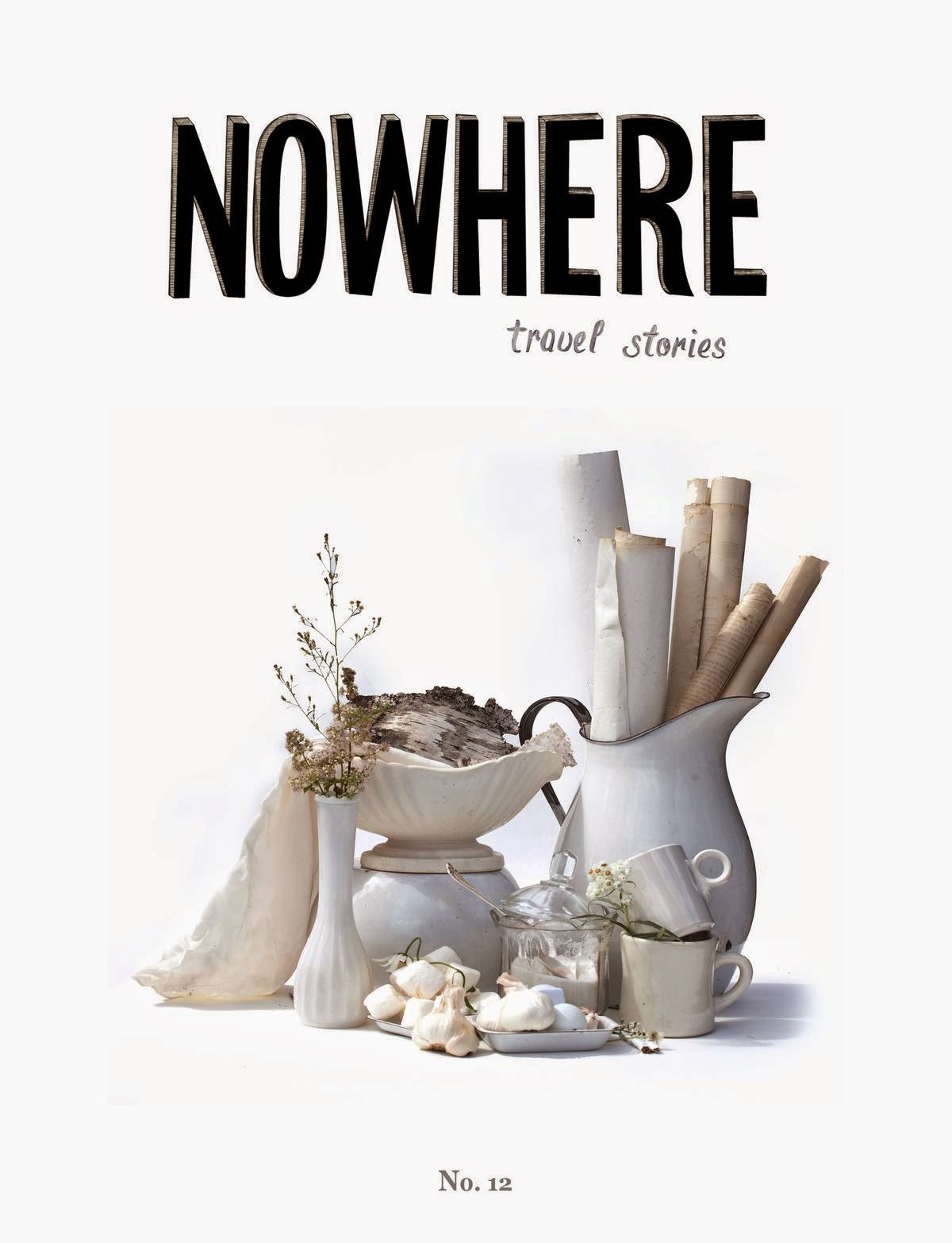

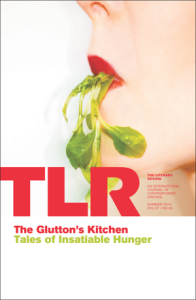
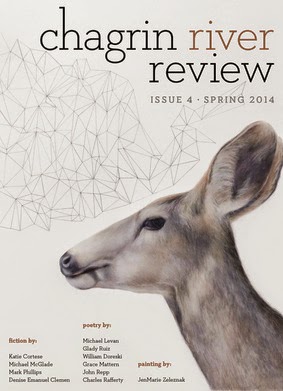
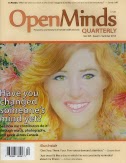 Open Minds Quarterly
Open Minds Quarterly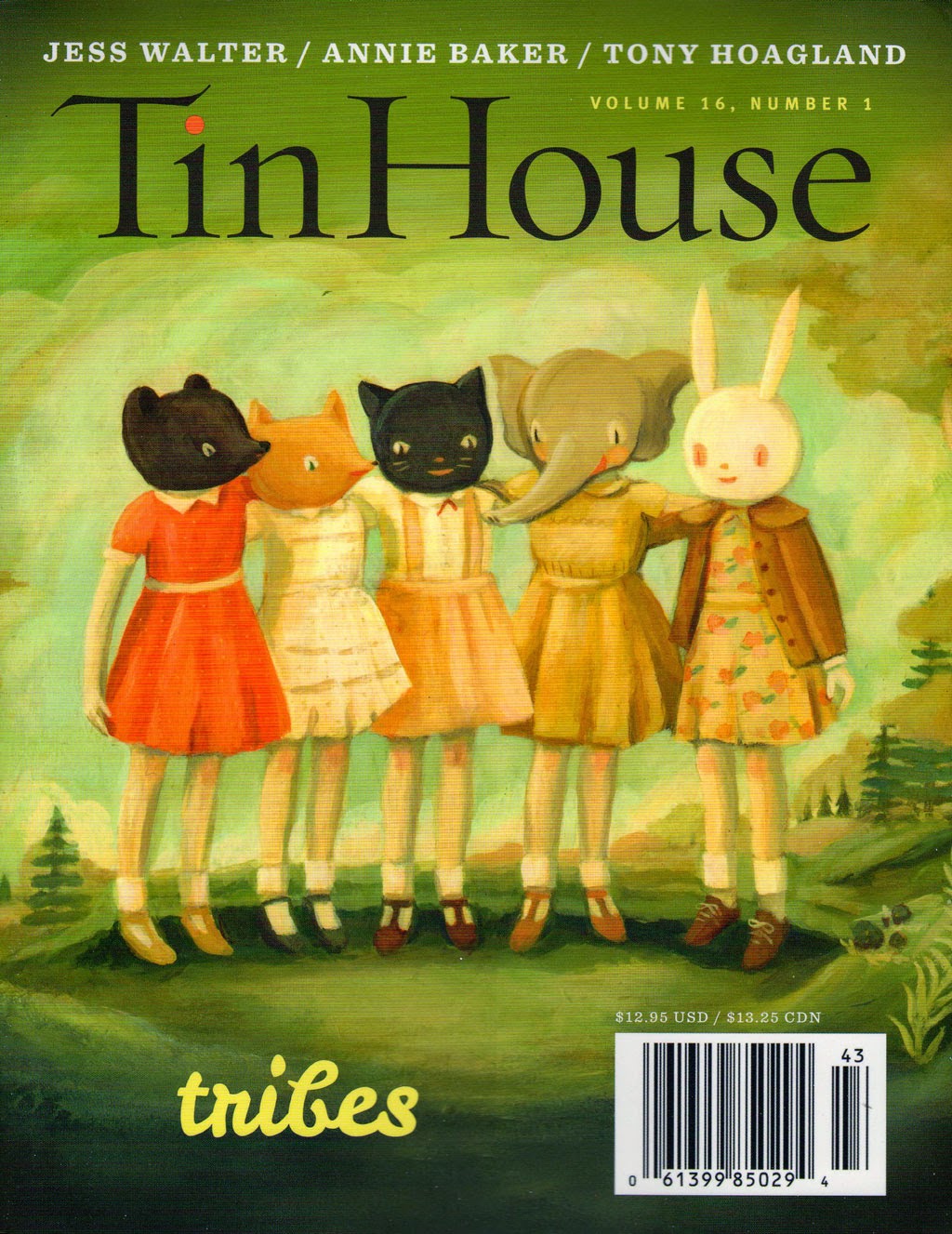 The most recent issue of
The most recent issue of 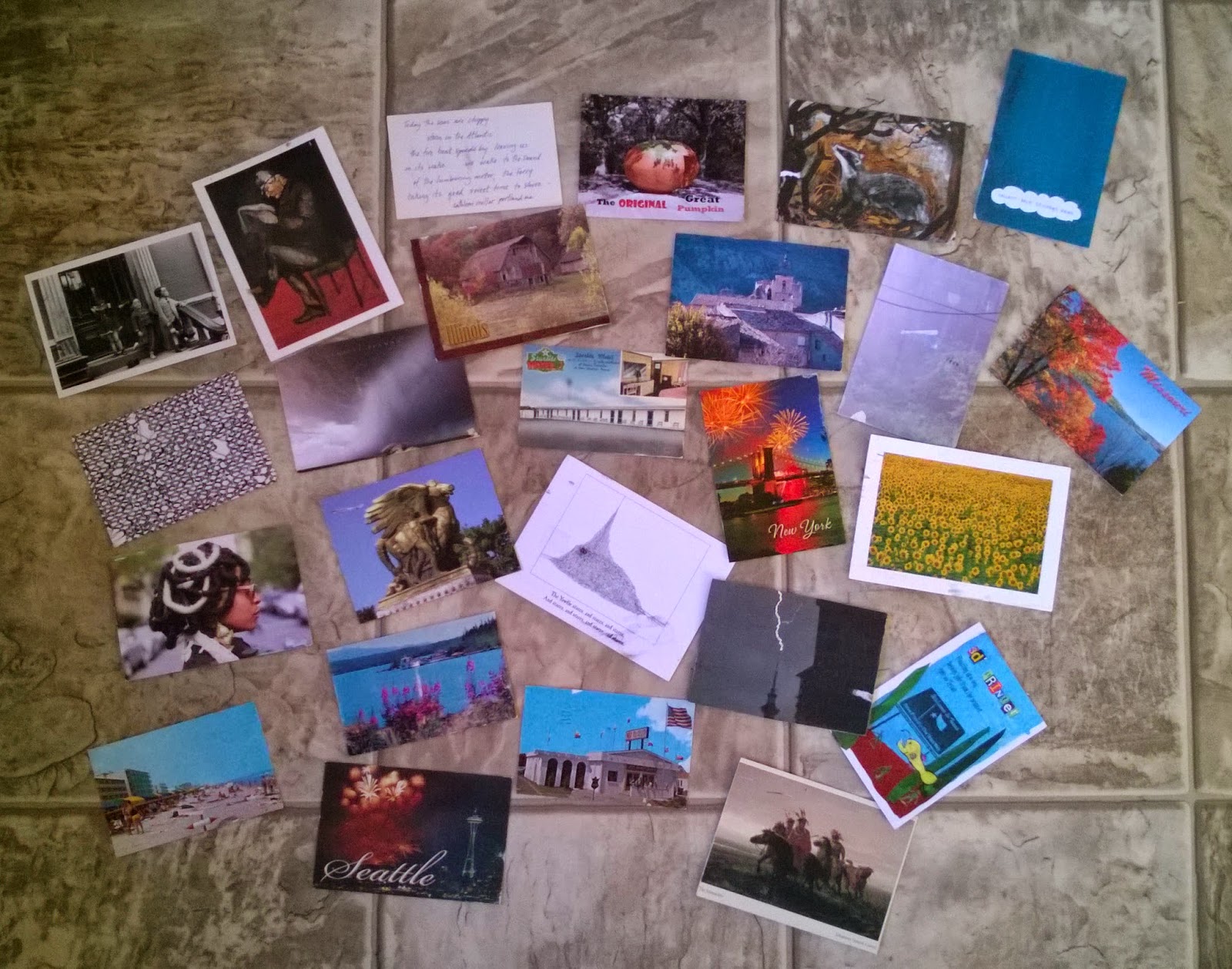 It was another great year for the
It was another great year for the 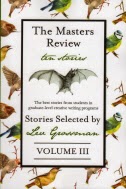 Now in its third volume,
Now in its third volume, 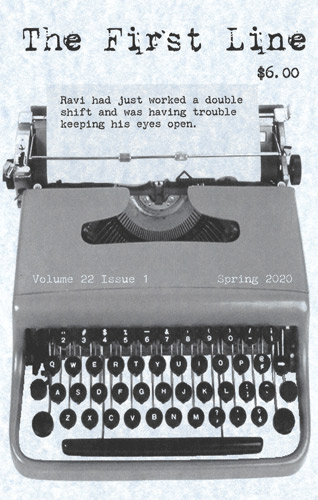 Since 1999,
Since 1999, 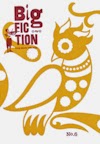 The most recent issue of
The most recent issue of 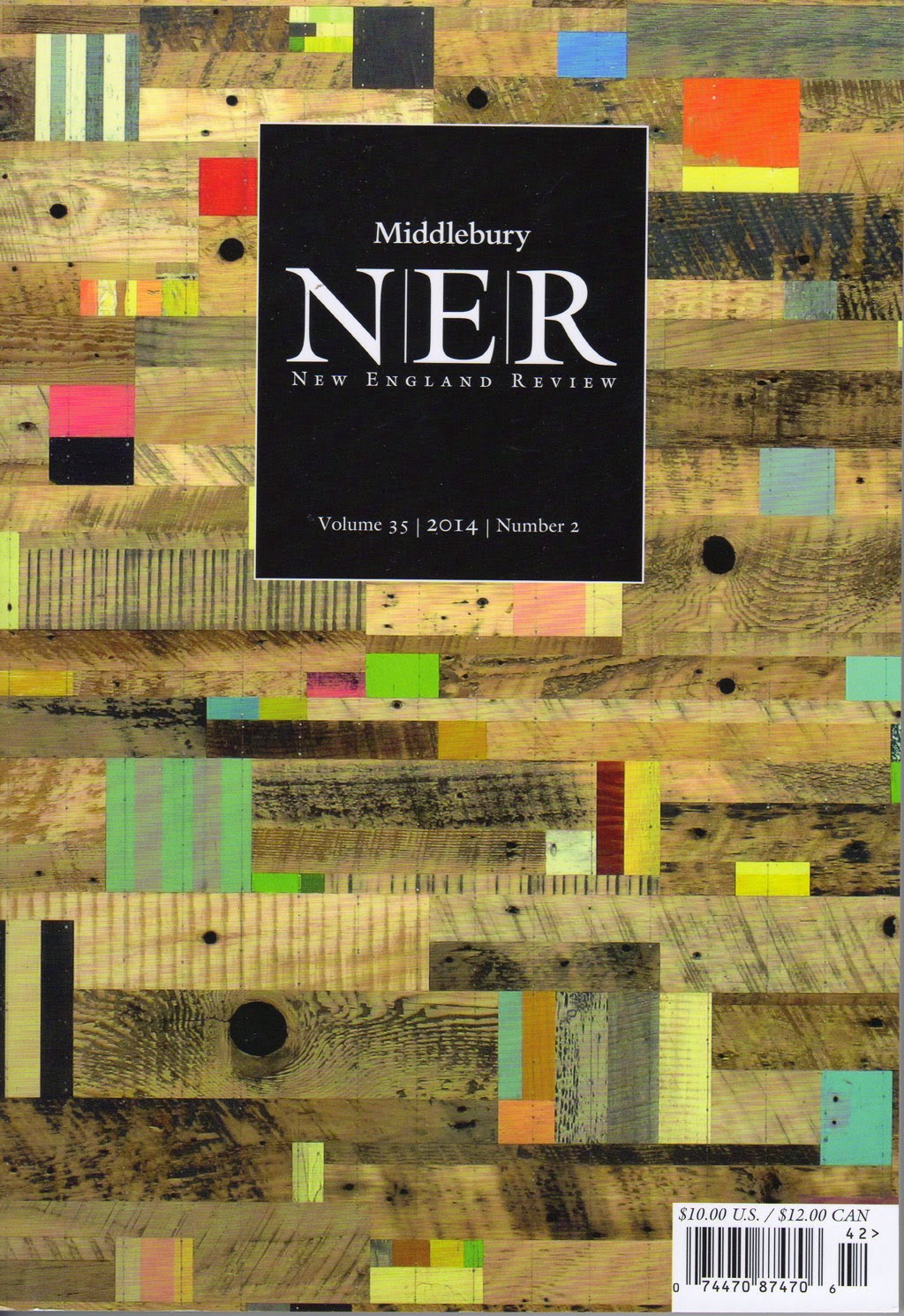 New England Review
New England Review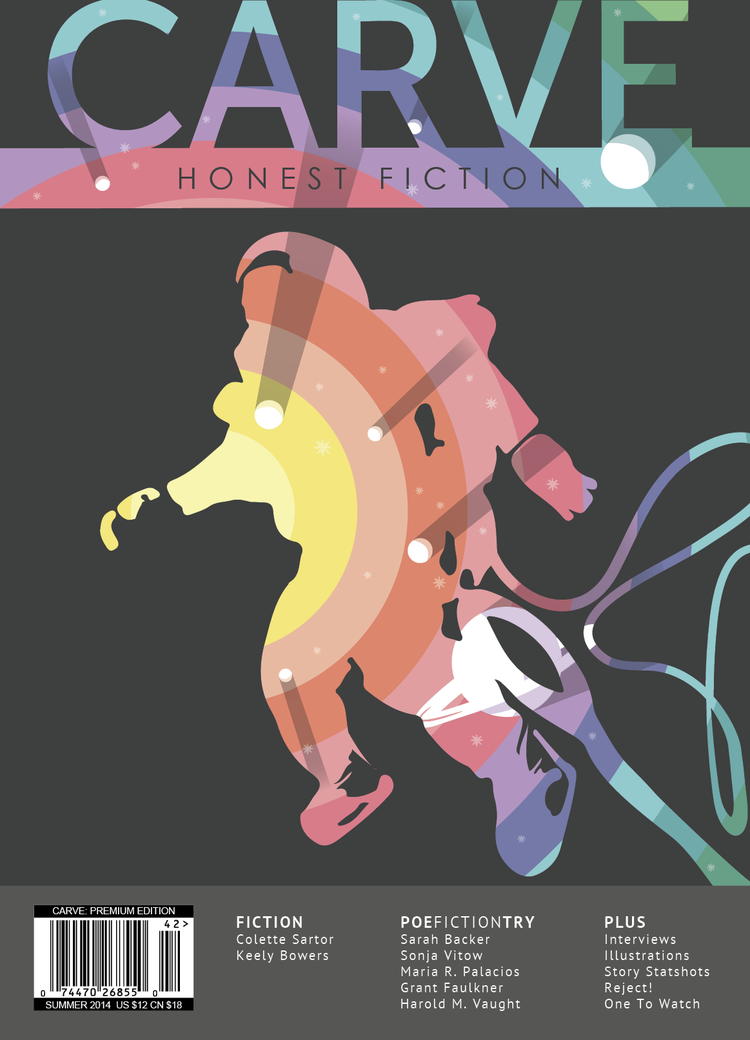 Carve Magazine
Carve Magazine Revision is the kick in the pants that propels the writer out of complacence, jars him from the euphoria that tends to come when he thinks he’s completed something. Revision is the inevitable and necessary faceoff between one’s lazy writer self who defends the good enough draft, “This sentence / passage / description / scene / character is fine the way it is” and one’s higher writing self who argues, “Yes, it’s good enough and it says what I want, but does it say it in the right way? Does it say it in the best way”
Revision is the kick in the pants that propels the writer out of complacence, jars him from the euphoria that tends to come when he thinks he’s completed something. Revision is the inevitable and necessary faceoff between one’s lazy writer self who defends the good enough draft, “This sentence / passage / description / scene / character is fine the way it is” and one’s higher writing self who argues, “Yes, it’s good enough and it says what I want, but does it say it in the right way? Does it say it in the best way” The most recent issue of
The most recent issue of 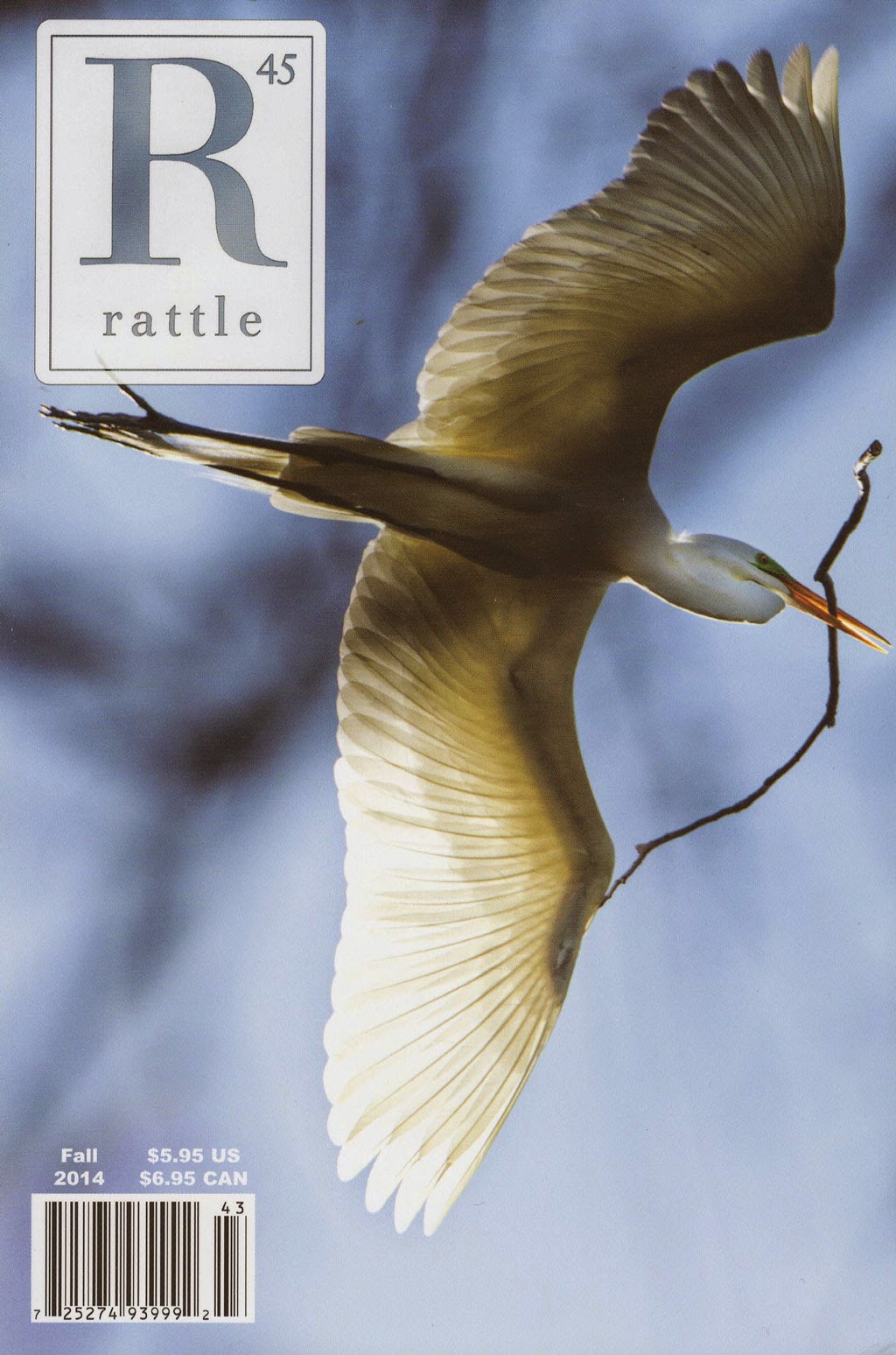 Thanks to
Thanks to 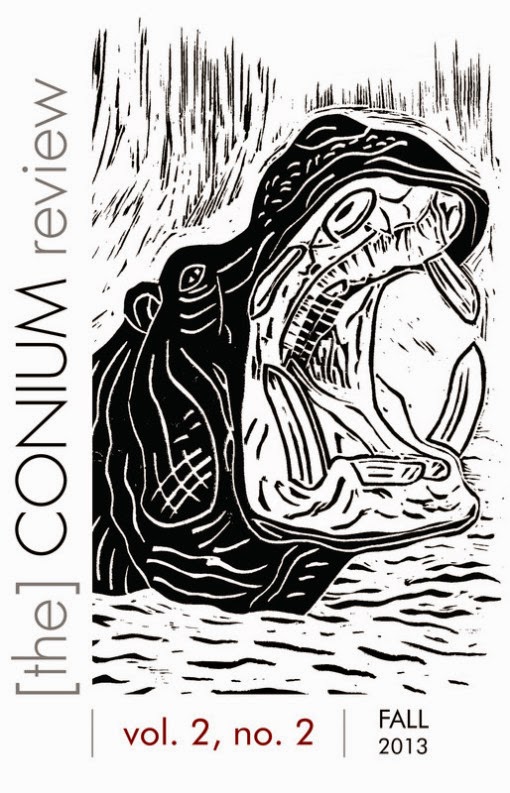 The Conium Review
The Conium Review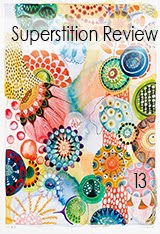
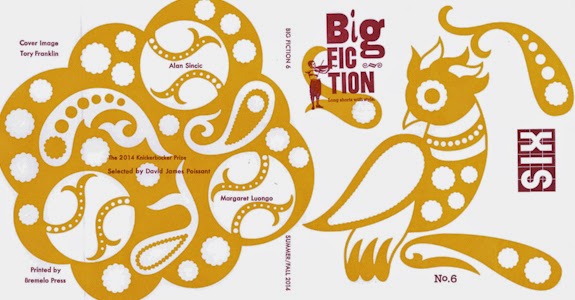
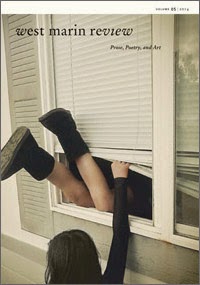
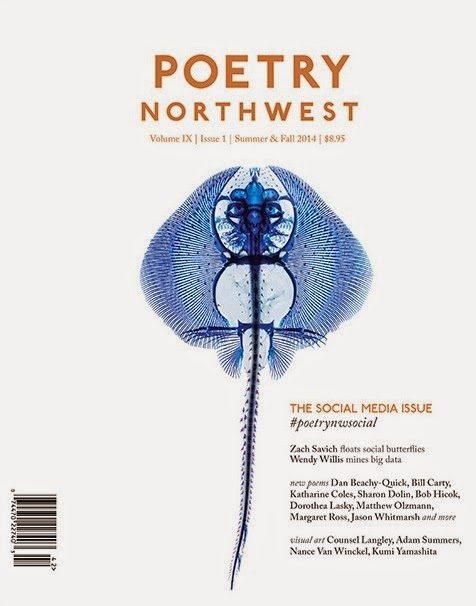
 First place: Michael Varga [pictured, of Norcross, GA, wins $2500 for “Chad Erupts in Strife.” His story will be published in Issue 95 of Glimmer Train Stories. This will be his first off-campus fiction in print.
First place: Michael Varga [pictured, of Norcross, GA, wins $2500 for “Chad Erupts in Strife.” His story will be published in Issue 95 of Glimmer Train Stories. This will be his first off-campus fiction in print.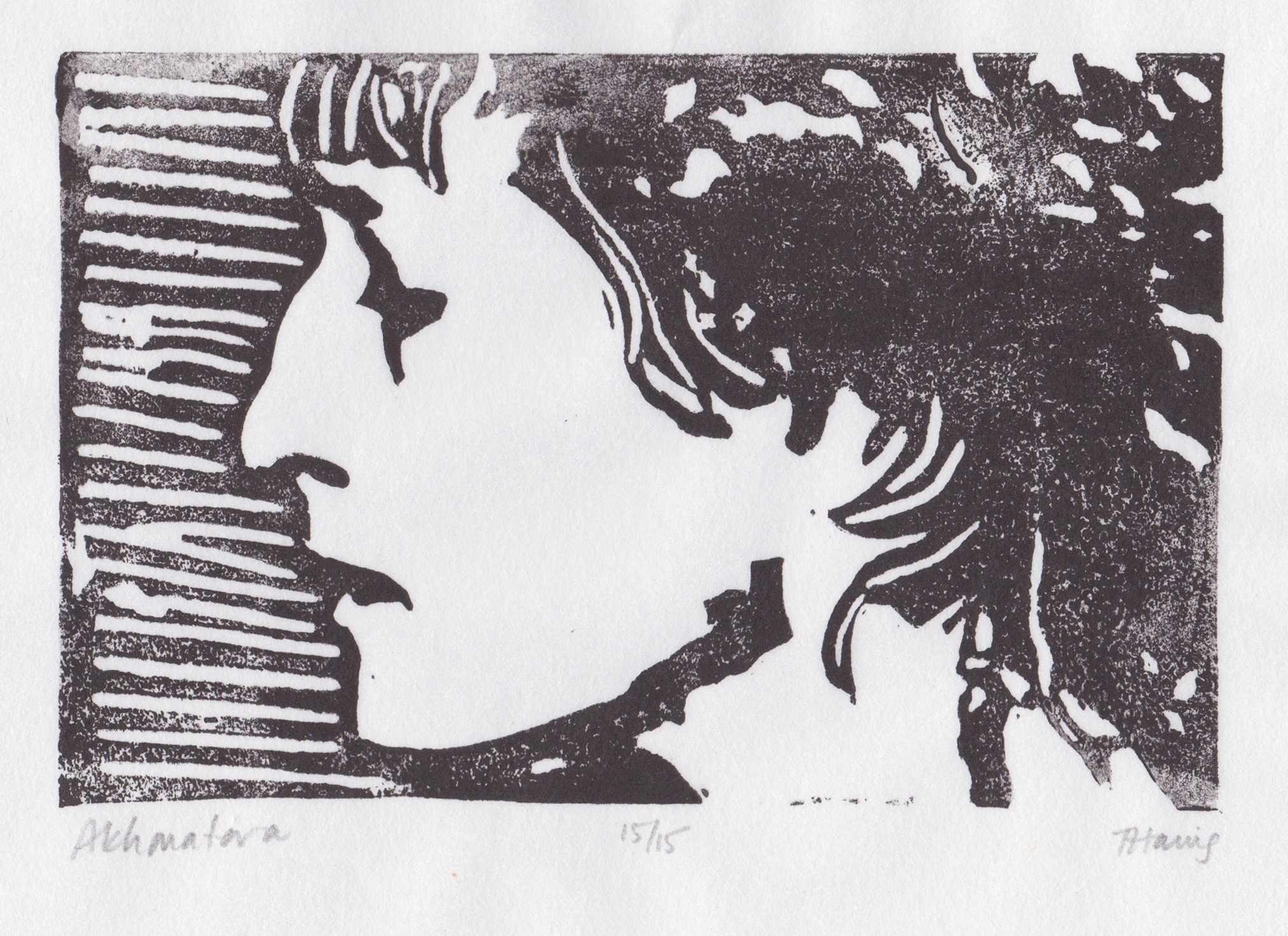
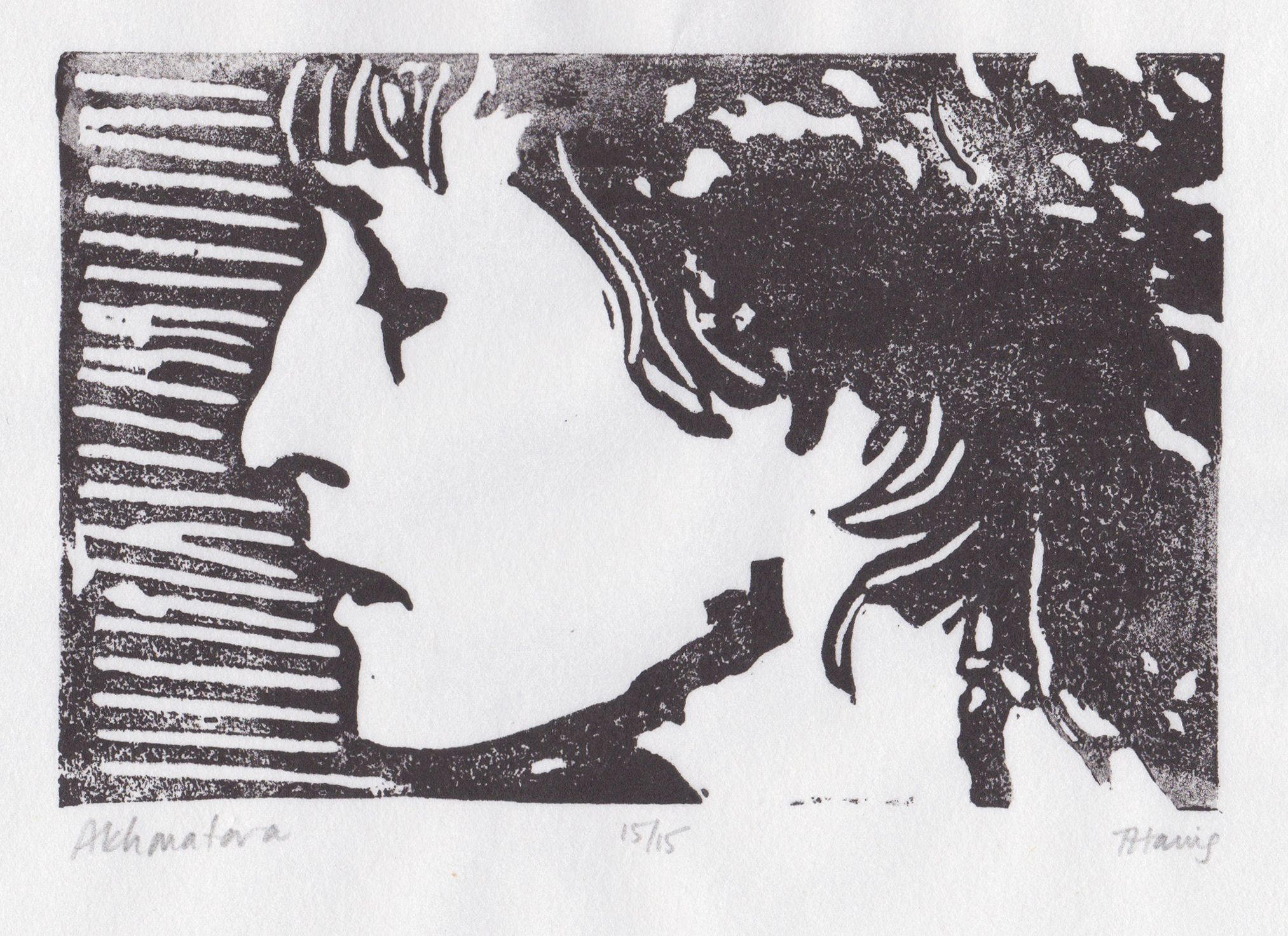 What happens when you send artwork to a writer and ask them simply to “respond”?
What happens when you send artwork to a writer and ask them simply to “respond”? 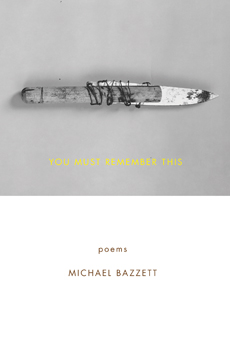 Michael Bazzett, winner of the
Michael Bazzett, winner of the 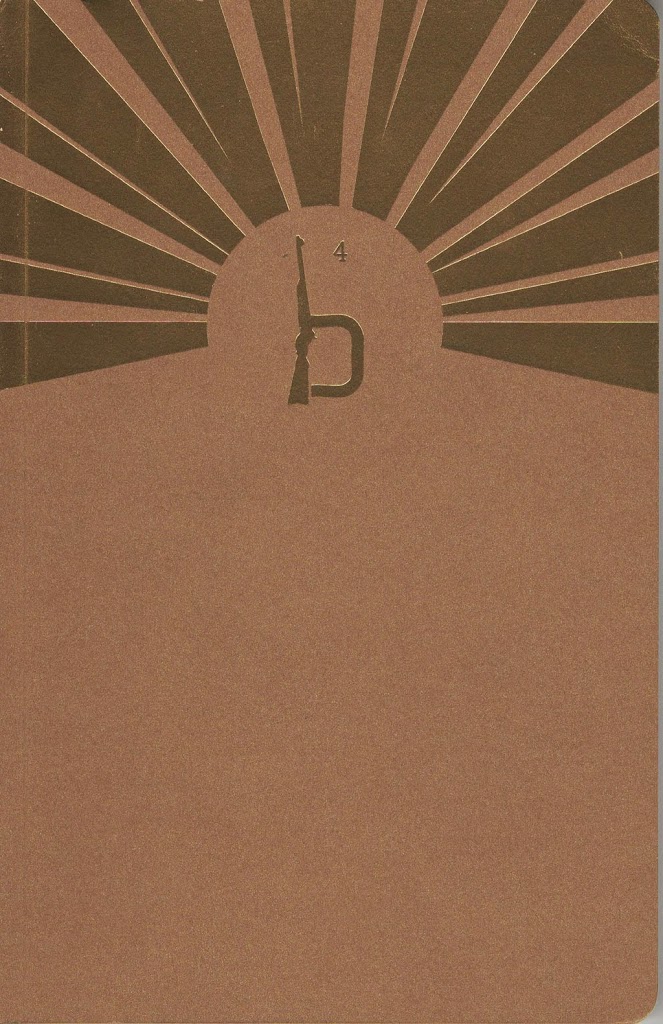
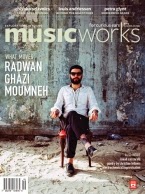 Keeping with its tagline, “Exploration in Sound,”
Keeping with its tagline, “Exploration in Sound,”